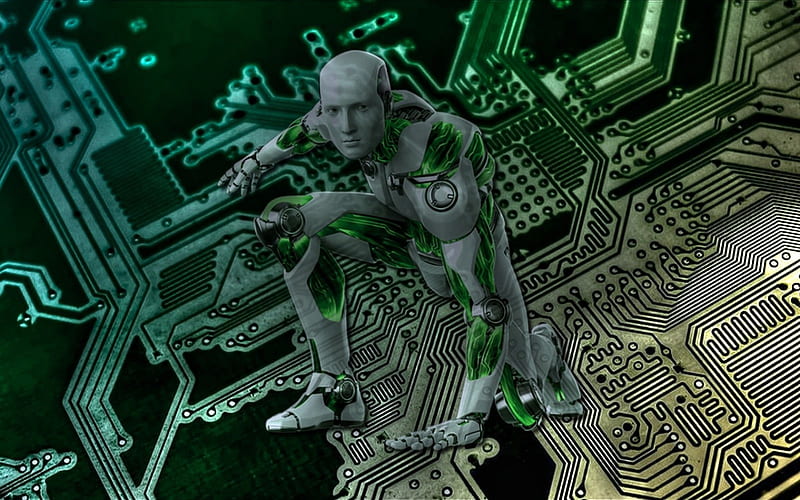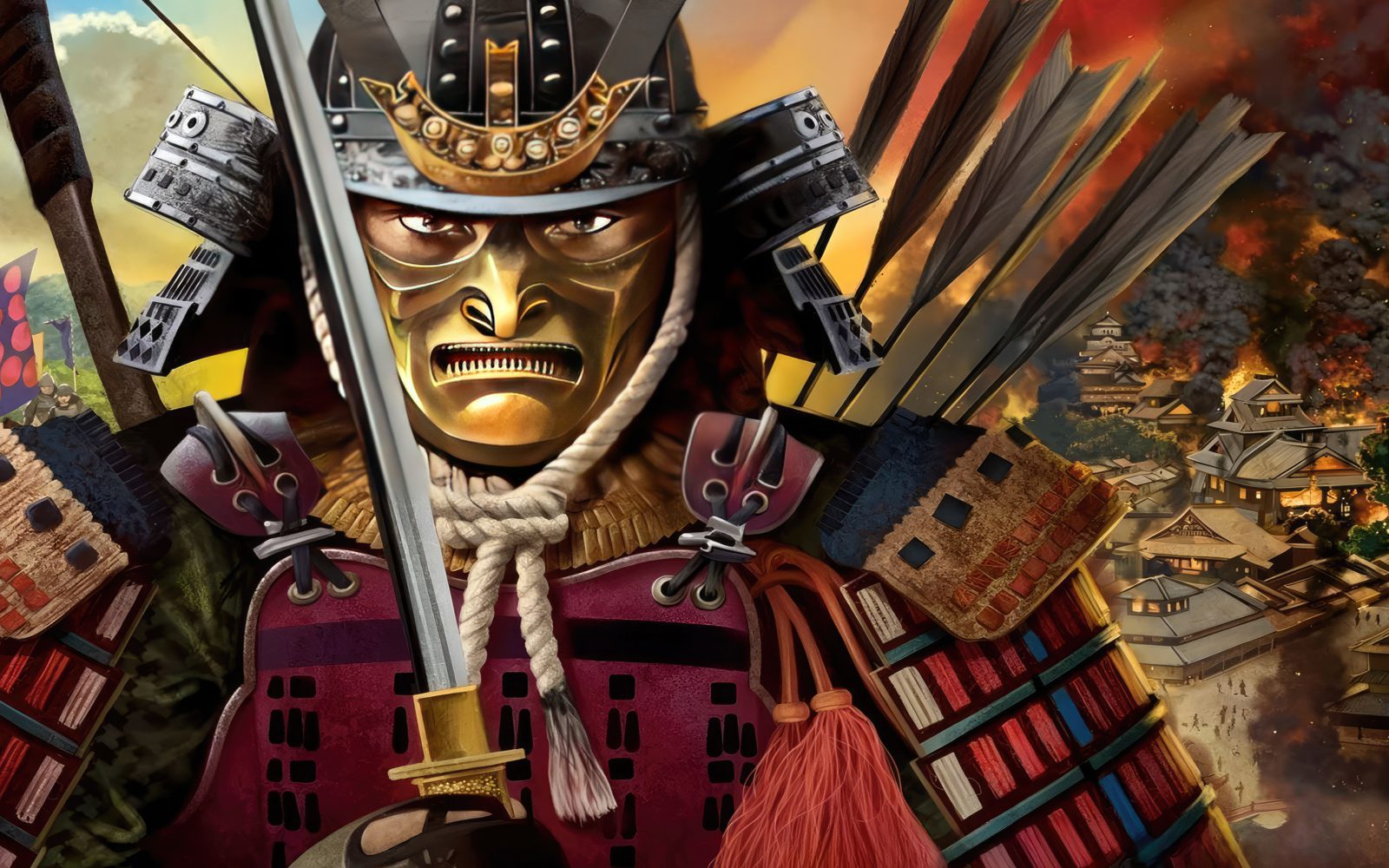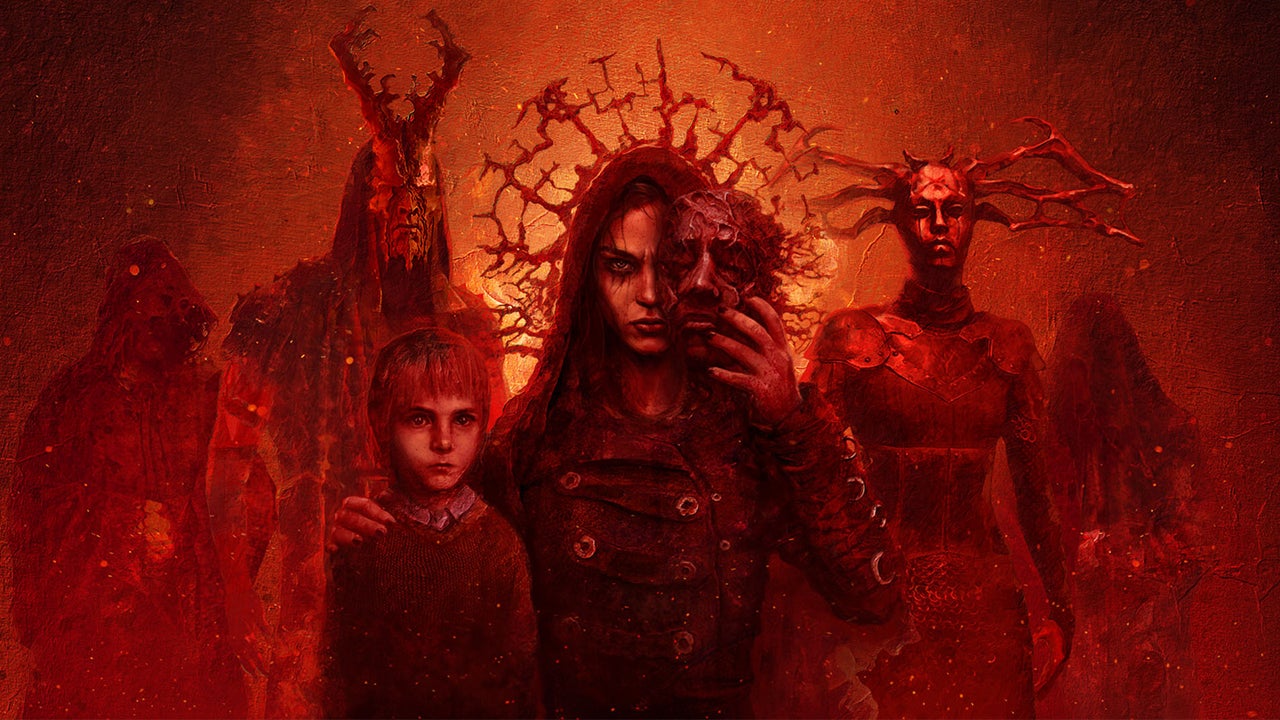The mind turns everything into an equilibrium world, and then we proceed to live in it. Everything just becomes entirely ‘normal’ to us in other words, but ‘normal’ is a living death!
The equilibrium world is always a living death and no matter what our situation is we make it normal, we make an equilibrium state out of it. We define it and it becomes known to us and then when it is known to us it is of no more interest… This is a well known truth to all of us, but somehow we manage to live with it; we don’t let it disturb us unduly – we don’t really let it disturb us at all, when it comes down to it. We quietly accept it as our fate and then just get on with it. We submit passively and uncomplainingly to the stultifying tyranny of the normal…
What else could we do anyway, when no matter what we do (or where we go) it soon turns normal? It is true that at times we make a brave effort not to let things go stale, to fight against the tide of everyday humdrum existence. We take steps to move in a different direction but before very long it turns into just another version of the same old thing. Such is life, we might say – what are you going to do about it?
And yet if we just give in to the inexorability of it all and submit to a life that is made up by nothing more than mundane mechanical tasks and routine distractions this isn’t really an option either because as time goes on our misery grows. We can ignore this misery of course, and try to pretend that we’re living life correctly and that all is as it should be, but when we do this we have entered the realm of neurotic pain-avoidance, which is a game we cannot win! The more we try to win the more we lose; the more we invest in avoiding the pain the worse we make it, and so this can only end in one way. Inasmuch as we are trying to rationalize and normalize the equilibrium state which is everyday life (which means turning our back on any other possibilities) this is the road we are on and it is a road that gets rockier and rockier as we go down it, until eventually it shows itself to be a dead-end.
As Heraclitus says, “Life has the name of life, but in reality it is death.” Rumi says something very similar: “The mind sees things inside-out. What it takes to be life is really death, and what it takes to be death is really life.” In Revelation 3:1 we read: “I know thy works, that though thou hast a name that thou livest, thou art dead.” Ouspensky points out the significance of this last quote in A New Model of the Universe – the ubiquitous state of unconsciousness (i.e. adaptation to the equilibrium state) is a state of living death. It isn’t life at all but the legitimized avoidance of life…
The mind makes everything normal – that’s what it does. It does this by asking closed questions of reality, without ever admitting that they are closed. A famous example of a ‘closed question’ that used to be given is that of the judge who asks the defendant before him whether he has stopped beating his wife yet. If the defendant replies that he has then he is admitting guilt, and if he retorts that he has not then there is no doubt of his status as a wife beater. He is proven guilty either way, therefore. The judge hasn’t provided any category for responding by which he could indicate anything other than guilt.
In the same way, thought forces reality to agree with its basic assumptions about it – again, no other categories are provided. The only way thought could deal honestly with reality would be if it had a category allowing for the possibility that all its categories are entirely false, and this of course is the one thing it can never do! A category that disagrees with itself is after all a paradox. That would invalidate the whole structure of thought. That would be like having a judge whose capacity to act as a judge can be challenged at any moment by the defendants that are being tried. Thought can never doubt itself in any fundamental way; thought can never question its own assumptions because it is these very same assumptions that are being used to guide its questions…
Thought can never allow for the possibility of its own falsification; as we have just said, thought can never doubt itself in this way. Thought has created a world which always agrees with itself and cannot entertain the possibility that it might be fundamentally wrong in its assumptions. Thought has created a ‘tautological bubble-world’ in other words and the thing about tautologies is of course that they contain no information. Thought creates a concrete (or ‘unquestionable’) world that is actually hollow, that is actually only a 2-D façade. Though implicitly claims to know everything whilst the truth is that it actually knows nothing. This 2-dimensional façade, this bogus but nevertheless overbearingly authoritative claim to absolute knowledge, is what we have been calling ‘the equilibrium world’.
The equilibrium world is a trap because it is defined by a standard which is itself not real, therefore. This standard, when applied to reality, turns reality on its head (or rather it turns our perception of reality on its head) and makes it not real too. When we interrogate reality with our standard (with the yard-stick of the mind) then reality is only permitted to show itself in two ways; our ‘apparatus’ is only capable of receiving two types of answer – either we see the incoming information as ‘signal’ or we see it as ‘noise’. ‘Signal’ means that the information is meaningful and worth taking seriously whilst ‘noise’ means that it doesn’t mean anything and doesn’t have to be taken any notice of. Noise (or ‘error’) can safely be ignored, in other words…
So ‘signal’ means that the incoming information is meaningful and ‘error’ (or ‘noise’) means – obviously enough – that it isn’t and should on this account be thrown away without any further ado, without any further investigation, and this is the discriminatory mechanism that creates the ‘trap’ which we are talking about. This is the mechanism that ensures that we never see beyond the standard. How can we ever go beyond the standard when we always throw away all information that disagrees with it? The standard is the only way we can know if something is real or not and the standard itself is unreal…
There is another way of looking at this ‘unreal standard’ and that is to say that the unreal statement is the self. The equilibrium world is the self and the self is the equilibrium world is the self. Seeing things in this way allows us to understand the idea of the equilibrium world as being ‘a trap’ much more clearly – it becomes more than just an abstract notion. The self – we may say – has a very great antipathy to relating to (or in any way acknowledging) any reality that has not been previously organized (or ‘formatted’) in accordance with its own inbuilt biases and this antipathy can take the form of irritation and annoyance on one level, and the form of outright terror on another (deeper) level. Usually, it is only the irritation or annoyance that we are aware of – we may experience the deep-down ontological terror of encountering an unknown and unknowable reality from time to time but we will almost always manage to forget that it ever happened afterwards.
‘Annoyance’ happens whenever we can’t get things to be the way we want them to be; when things ‘don’t go according to plan’ we get disgruntled, in other words. If we really do place a lot of stock on something happening a particular way then when it doesn’t go the way we want it to go we experience extreme displeasure, extreme dysphoria. We will be inconsolable – everything is now properly screwed up for us and no one will be able to tell us otherwise. We have been ‘devalidated’ on a very basic level and we’re just not open to the idea of feeling OK about that…
This is the reason we value goals and the whole notion of ‘achieving our goals’ as much as we do; ‘achieving our goals’ is our mantra, our Holy Grail – this is supposed to make everything better, it’s the magic cure for everything. Getting things to happen the way we think they ought to happen is the only thing that really matters to the purposeful self – this is this only way that it can ever be validated. We are constantly trying to organize the world in such a way that it agrees with our taken-for-granted standard for it – when we can do this then this is ‘succeeding’ and we feel good, and when we can’t then this is ‘failing’ and we feel bad.
Deviating from the equilibrium world is therefore synonymous with dysphoria and experiencing dysphoria is the ultimate disincentive as far as the conditioned self is concerned. The conditioned self equals ‘running away from dysphoria’! Avoiding dysphoria and seeking euphoria is the only logic that the self knows and this is what makes the trap – we trap ourselves with our way of looking at the world, we trap ourselves all the time by unquestioning obeying the logic of the thinking mind. When we concur with the defined parameters that go to make up the equilibrium world we are rewarded with euphoria and when we transgress them we are punished with dysphoria and the very peculiar thing about this is that the more closely we adhere to the ‘unreal standard of the mind’ the more pleasure we feel!
Our constant controlling produces a world that is quintessentially ‘familiar’ to us – it ought to be familiar because it is a faithful reflection of our own unexamined biases! This state of ‘familiarity’ (or ‘being in a familiar world’) is what the mind-created equilibrium is all about and yet at the same time it is a very peculiar sort of thing because it is entirely unreal. A feeling of comforting (but at the same time sterile) familiarity is what we get when we faithfully accord to the unreal template.
This shows us something that is both very interesting and very useful – when we experience mental discomfort or pain what we are actually experiencing (although we won’t know it because we are seeing everything upside-down) is our own freedom. That’s how freedom appears to us in ‘inverted form’ – it appears as mental discomfort, pain, and ultimately terror. Freedom appears to us as something we have to do our utmost to get away from. When we do manage to successfully escape from freedom and return to the safety and sterility of the equilibrium world then we think no more about our experience – the equilibrium world is after all a world of forgetting, it is a world where we forget about everything that is not in accord with the equilibrium values of our artificial world. When we do manage to escape successfully then we heave a sigh of relief and return dutifully to our established patterns, our established routines. All ‘errors’ have been successfully ironed out and we can go back to sleep…
But suppose that we can’t correct the errors, what then? Suppose we can’t return safely to the comfort and familiarity of the equilibrium world? Suppose our mechanisms for doing so simply don’t work anymore? Suppose that the officially-prescribed life is no longer possible for us? Conventional wisdom would say that this is a bad thing, but conventional wisdom is the inverted image of the real thing. In this case it might be said that we can no longer fight against being free anymore and that we are therefore in the process of being born into a wider and richer world, a world that is quintessentially unfamiliar precisely because it is real! We have at this point become interested in mental discomfort / emotional pain because of the reality that is in it (and because of the lack of reality that is in the equilibrium world). This is what Joseph Campbell calls ‘the Hero’s Journey’ – we have escaped from ‘the deadly trap of normality’ even though we didn’t deliberately intend to…






